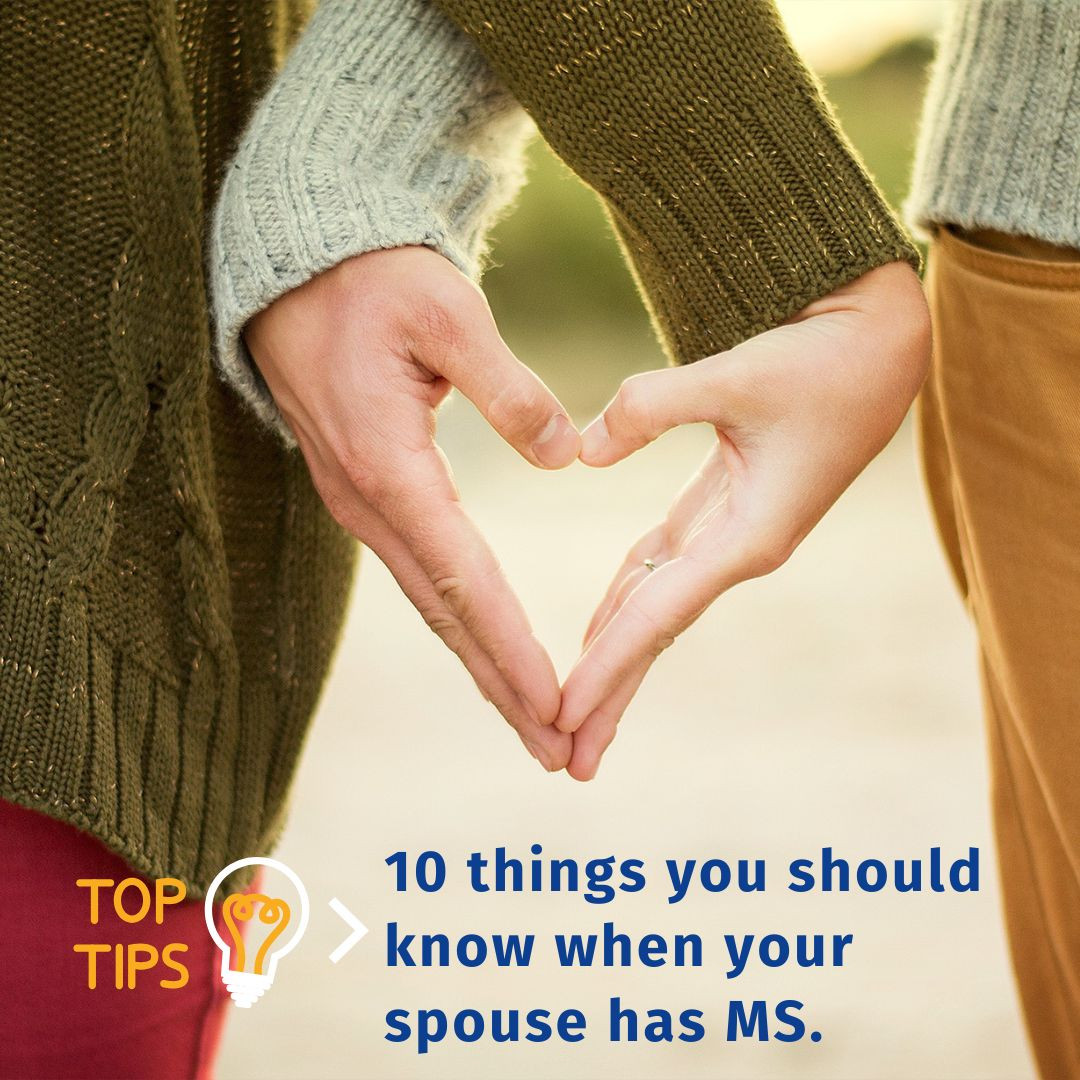March 3, 2023
Learning the basics about multiple sclerosis is the first step toward living your best life with the condition.
Key Takeaways
MS occurs when the immune system attacks myelin, a substance that insulates nerve cells.
There are medications that can prevent relapsesand slow the progression of MS.
The physical and mental effects of MS vary greatly from person to person.
1. Is Multiple Sclerosis an Autoimmune Disease?
Most experts consider multiple sclerosis (MS) to be an autoimmune disease, meaning the immune system is reacting to a normally occurring protein as if it were a foreign substance.
Because it's still not known which protein, specifically, is being attacked in MS, some experts consider the disease to be "immune-mediated" rather than "autoimmune."
Whatever the case, the abnormal immune response attacks the myelin --- a fatty substance that insulates nerve cells --- in the central nervous system, causing it to become inflamed. The inflammation damages the myelin as well as the nerve fibers the myelin surrounds, called axons.
Damage to the myelin and to underlying axons disrupts the transmission of electrical impulses between the brain and other parts of the body, leading to the symptoms that characterize multiple sclerosis.
2. Why Did I Get MS?
It is not completely clear why the autoimmune attack that's behind MS happens, or why it occurs in some people and not others, but current theories point toward a combination of genetics, toxins in the environment, and infections as the likely causes.
There's some evidence that smoking and obesity raise the risk of developing MS.
3. How Do I Know if I Have MS Symptoms?
The range of possible MS symptoms is broad, and the disease affects each person differently. Some of the more common symptoms of MS include:
- Numbness
- Tingling sensations
- Visual problems
- Fatigue
- Weakness
- Pain
- Poor balance
- Coordination problems
- Bowel and bladder problems
- Difficulty walking
- Mood swings
- Concentration and memory problems
- Sexual dysfunction
Some MS symptoms are usually or always present, while others come and go, or vary in their intensity.
Because MS can cause so many symptoms, it can be tempting to blame any new symptom on MS --- but that would be a mistake. People with MS can and do develop other medical conditions in addition to MS, so having new symptoms checked out by a doctor and staying on top of preventive healthcare and recommended screenings is important.
4. How Is MS Diagnosed?
Diagnosing MS is challenging because no one test can definitively determine that someone has MS. A doctor will diagnose MS based on:
- A person's history of symptoms
- A neurological exam
- An exam measuring nerve function known as a test of "evoked potentials"
- Neuroimaging tests, which typically include magnetic resonance imaging (MRI)
- A spinal tap to check the cerebrospinal fluid for biomarkers of MS
- Blood tests
5. Should I Get a Second Opinion on My Diagnosis?
You have the option of getting a second opinion, particularly if it will make you more confident about the diagnosis. If you've seen a general neurologist, an MS specialist may be able to advise you on the most current standards of care. Many people with MS opt to get a second opinion to feel assured that they're getting the best care possible.
6. Whom Do I Need to See for MS Care?
Ideally, a person with MS should have a healthcare team. This can include a neurologist--- a specialist in conditions of the nervous system, including MS.
The treatment team may also include:
- A nurse who can support your treatment plan and teach you about MS
- A physical therapist to help with exercise and maintaining or improving balance, coordination, and strength
- An occupational therapist to assist with work and home activities
- A dietitian to help with healthy food choices
- A mental health professional to assist with finding ways to adapt to and cope with changes in your health and abilities
7. How Is MS Treated?
Acute symptoms caused by inflammation are generally treated with a short course of high-dose steroids.
For long-term treatment, there are more than a dozen medications that can be used to prevent relapses and slow the progression of MS. These drugs do not repair existing damage to the nervous system, but they can prevent more from happening.
The selection of medication is something that you should discuss with your physician. It sometimes takes a few tries to find a drug that works well for the individual.
RELATED: Medications for Multiple Sclerosis
There are also medications that can help treat certain symptoms of MS, as well as rehabilitation techniques to help with physical and cognitive disabilities.
8. What Is the Prognosis for MS?
The effects of MS vary greatly from one person to the next, so it's impossible to predict who will have which symptoms and how severe they will be.
In most people, MS initially follows a relapsing-remitting course, in which relapses --- periods during which symptoms worsen and new symptoms may occur --- are followed by remissions, or periods of recovery.
Over time, these people tend to have fewer relapses and instead see a gradual progression of symptoms and disability.
A smaller percentage of people with MS have what's called primary-progressive MS, which means they don't have relapses or remissions but instead see a steady worsening of symptoms over time.
In people who do have relapses and remissions, the newer medications, if started early, can prevent new nerve damage and therefore new symptoms, too.
For people with primary-progressive MS, there are currently no drug treatments.
Maintaining a healthy lifestyle --- including getting regular exercise, not smoking, and following a healthy diet --- can help a person with MS minimize symptoms and remain active and healthy for as long as possible.
Treating any additional health problems, such as diabetes or heart disease, can also help slow the progression of MS.
You Might Also Like...








